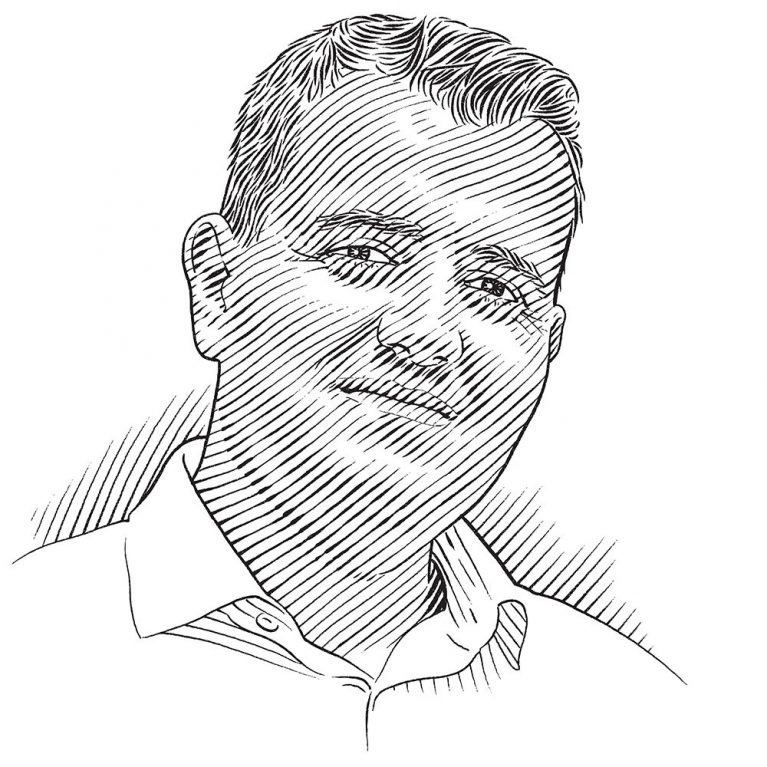Rigers Bakiu

Who I am
As a fairly level-headed person and a scientist, I am interested not so much in having my work published or becoming famous as in doing everything I can to protect the marine species off the wild coast of Albania. I am a biologist and while working as a researcher in Italy, which I did until 2012, I used to spend a lot of time in a lab. When I returned to Albania to work for my own country and every day I saw instances of marine species being killed, I decided to give up my previous career and instead get involved in projects to protect the Mediterranean monk seal, sharks and other marine organisms.
Where I work
I work at the Agricultural University of Tirana, specifically in the Department of Aquaculture and Fisheries. What is the daily motto in my department? Help and promote the best students, those who show passion for what they learn and do. I have therefore involved several students in my project and they have helped me to establish good communication with fishermen. They have also helped fishermen to understand and practise a sustainable approach to fishing. When I am not doing this, I plan and organise meetings and field trips, especially to coastal areas. I am always ready to help fishermen when they need it, and they help me by telling me when they encounter irregular fishing practices or come across unusual species. Thus, I have colleagues at the university and I have colleagues in the field on the Ionian and the Adriatic coasts, and I work with both groups.
What I do
I regard my work as a starting point for the conservation of sharks, skates and rays in Albanian territorial waters, and it focuses not only on pelagic species, but on all of them – and particularly on small benthic species taken in trawls. It consists of collecting data from fishermen and marine-aquaculture workers about their catch and at the same time training them about the conservation of sharks and rays. The sensitising process encompasses the coastal communities of Albania from the Drin Delta at Shkoder–Lezhe in the north to Saranda in the south. As a leader of this project, I think that it differs from others in Albania and neighbouring countries in that the fishermen, aquaculture workers and businessmen who take part are not just completing the questionnaires, but will also train other interested people. Furthermore, in each of the ports of Albania (Shengjin, Durres, Vlore and Saranda) my colleagues and I are conducting a survey of fisheries landings that involves mainly commercial fishermen, the actors of this theatre – or let’s say, ‘dramatic situation’.
